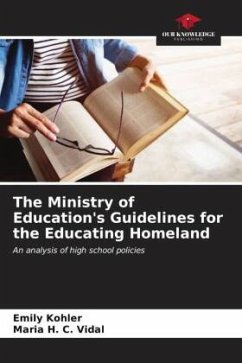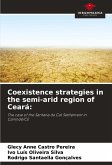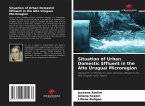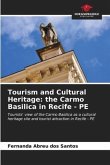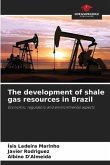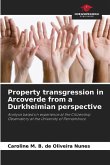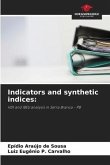The purpose of this research is to verify how the Dilma Rousseff government intended to make Brazil an Educating Homeland, its trends and directions. The theoretical framework of this research is made up of documents such as the National Education Plan 2014-2024 and the Education Development Plan, which comprise laws and opinions directed at Brazilian secondary education - from 1996 to 2015, with an emphasis on the first and second terms in office of Brazilian President Dilma Rousseff. Therefore, the methodological procedures used have a qualitative approach, being exploratory with a tendency to analyse the data deductively. In this way, the technical procedures are carried out using documents and drawn up from materials that have received analytical treatment. As a result, these positions are aimed at building a cooperative federation, for the effective establishment of the Education System provided for in Article 214 of the 1988 Federal Constitution. Through programmes aimed attraining teachers and headmasters, as well as ENEM Digital. However, these proposals are not in line with the Ministry of Education.
Bitte wählen Sie Ihr Anliegen aus.
Rechnungen
Retourenschein anfordern
Bestellstatus
Storno

